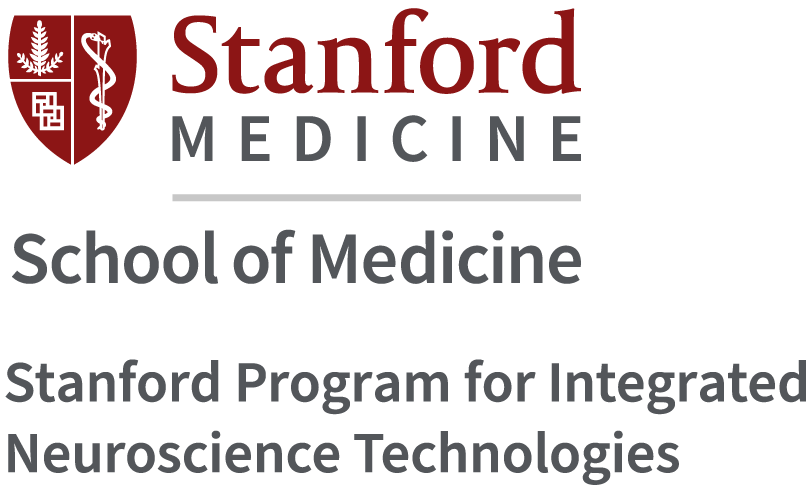Stanford Program for Integrated Neuroscience Technologies
Type: Molecular / Cellular,
Type: Optics / Microscopy,
Keywords: Practical workshops, Viral vectors, Brain organogenesis, Microscopy, Neurobehavior, Mice/Rats, Drug efficacy, Neurodegerative diseases,

A platform for discovery of brain function in health and disease
The Stanford Program for Integrated Neuroscience Technologies (SPrINT) aims to establish a platform for the centralization and dissemination of innovative neuroscience technologies, models, reagents, and training in order to advance neuroscience in the areas of the human brain organogenesis technology, behavioral and functional neuroscience models, viral vectors, and imaging technology. Under this program, we engage with the national neuroscience community to disseminate essential resources and emerging technologies to a growing user network through a Pilot Study Program and Annual Workshops. Collectively, our vision of SPrINT is to provide an integrated platform in which users can engage multiple modalities or can expand their research to areas outside their expertise.
*Hands-on workshops in human brain organogenesis, neurobehavior, and neuroscience microscopy
*A platform for remote studies to be conducted by SPrINT staff, including rodent surgery, animal behavior, neuroimaging, and viral vectors
*A yearly application cycle for both workshops and pilot projects
*Subsidized viral vector kits
*To use an animal model to test drug efficacy using behavioral assays and ex vivo analysis such as spatial transcriptomics, brain clearing, proteomics
*Mouse
*Rat
*SPrINT platform allows the utilization of multiple neuroscience technologies and allows investigators to expand their scope of scientific inquiry
*Pilot studies are fully funded by the NIH and will be conducted by SPrINT staff
*No tuition fee to attend workshops
*Subsidized viral vector kits for academic scientists provide multiple variants of a viral vector and accelerate the pilot phase of new projects
*Workshop travel not covered
*Pilot project proposals must be submitted by either the principal investigator or lead researcher/scientist in the research program
Mehrdad Shamloo, Professor/Director
Stanford School of Medicine, Palo Alto, CA
TEAM / COLLABORATOR(S)
Andrew Evans, Program Manager
Emily Chu, Project Coordinator
Erwin Defensor, Staff Scientist
Gordon Wang, Director of Neuroscience Microscopy Services
Mehrdad Shamloo, Director and Principal Investigator
Nicholas Wall, Director of the Gene Vector and Virus Core
Sergiu Pasca, Co-Principal Investigator
William Newsome, Co-Principal Investigator
FUNDING SOURCE(S)
*NIH U24NS124026

